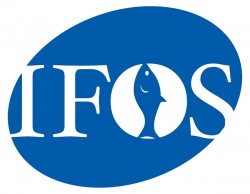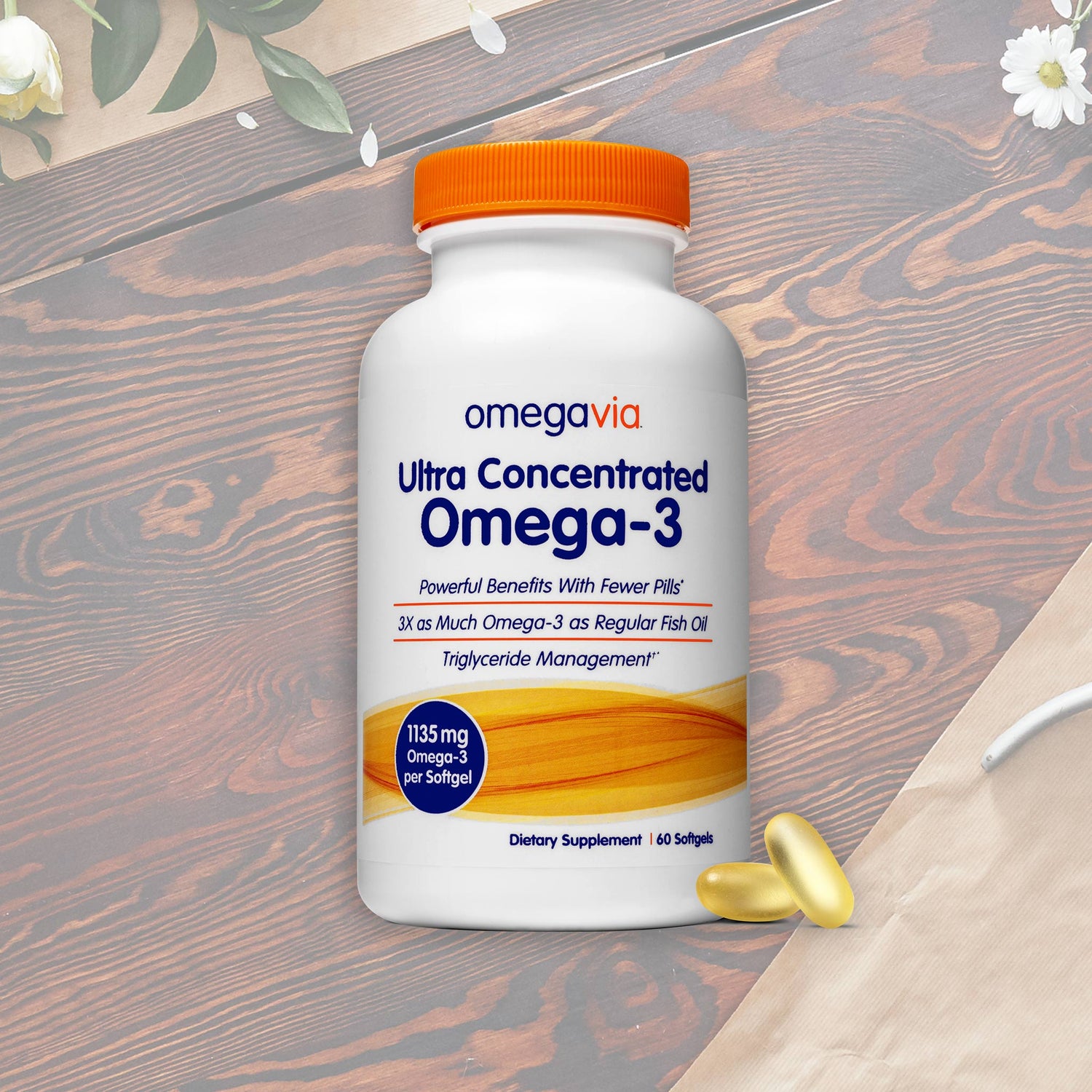5 Tips for Choosing The Best Fish Oil
Criteria #1: Purity
Purity means having a fish oil pill that is virtually free of Mercury and other heavy metals (Arsenic, Cadmium and Lead), Dioxins, PCBs and Furans. I’m not going to expand on WHY these chemicals are bad for you. The focus of this article is about how to avoid them so you can choose the best fish oil supplement for you and your family. Bad news: if you eat Swordfish, Shark, Tilefish or King Mackerel, you will be eating quite a bit of mercury. Good news: luckily, most fish oils are purified by molecular distillation and this high-tech process removes most of the scary stuff. This is why eating a fish oil supplement is much safer than eating whole fish.Fish Oils in The News
 ConsumerLab.com recently tested 52 brands of fish oil supplements for mercury. They reported, “The goods news is that every product, fish oil or Omega-3 supplement in this review was found to be free of mercury, PCBs and other contaminants found in
fish.”
ConsumerLab.com recently tested 52 brands of fish oil supplements for mercury. They reported, “The goods news is that every product, fish oil or Omega-3 supplement in this review was found to be free of mercury, PCBs and other contaminants found in
fish.”
Toxins in Fish Oil: California Lawsuit!
ConsumerLab.com says everything is hunky-dory. But in early 2010, an environmental group sued several fish oil manufacturers for having too much PCBs in their products. Granted they did not start with the best fish oil supplements, here is a list of alleged offending products: The products named in the PCB lawsuit are:- GNC Liquid Norwegian Cod Liver Oil
- Nature Made Cod Liver Oil
- Nature Made Odorless Fish Oil
- Now Foods Double Strength Cod Liver Oil
- Now Foods Salmon Oil
- Now Foods Shark Liver Oil
- Solgar 100% Pure Norwegian Shark Liver Oil Complex
- Solgar Norwegian Cod Liver Oil
- Twinlab Emulsified Norwegian Cod Liver Oil
- Twinlab Norwegian Cod Liver Oil
 Most are Cod liver oils and Shark liver oils. And one Salmon oil thrown in for diversity.
Does anyone (other than me) think it's ironic that a product named 'Solgar 100% Pure Norwegian Shark Liver Oil' is, well, on this list?
Most are Cod liver oils and Shark liver oils. And one Salmon oil thrown in for diversity.
Does anyone (other than me) think it's ironic that a product named 'Solgar 100% Pure Norwegian Shark Liver Oil' is, well, on this list?
What the heck are people doing eating Shark liver oils, anyway?! Sharks are top predators! Every time they eat another fish or seal, they add a little more mercury to their livers. The higher up on the food chain a fish is, the more environmental junk its body and liver will carry.
Just stay away from Shark oil and Seal oil, please!
Cod liver oil is better than shark’s but Cod are big fish too. And they live for a long time. This gives them plenty of time and opportunity to bulk up on environmental toxins.The Best Fish Oil Supplements are Made from a few species of fish
Regular fish oil pills are made from anchovy, hoki, whiting, pollock, menhaden, mackerel and sardine. These small fish don’t live for very long. So they don’t get a chance to soak up toxins. If you can buy fish oil made from anchovy and sardines, there is no reason to buy Shark, Cod or even Salmon oils. When it comes to fish oils, remember, lower on the food chain the better. By now, you may be thinking, if the PCB lawsuit had never happened, how would people have known that there was PCB in some of those fish oil brands?Why don't Manufacturers Share More Information?
 Because they don't have to.
Manufacturers are not required to say how much mercury is in their pills. So they don’t.
Same goes for PCBs, Dioxins, Furans and the other heavy metals.
The FDA started a 'Read The Label First' campaign.
A pointless campaign, in my opinion.
Because there is no way to know if there is any mercury or PCBs by looking at the bottle label. Some of the products called out in the California lawsuit mentioned 'No Mercury' on the label!
Because they don't have to.
Manufacturers are not required to say how much mercury is in their pills. So they don’t.
Same goes for PCBs, Dioxins, Furans and the other heavy metals.
The FDA started a 'Read The Label First' campaign.
A pointless campaign, in my opinion.
Because there is no way to know if there is any mercury or PCBs by looking at the bottle label. Some of the products called out in the California lawsuit mentioned 'No Mercury' on the label!
What’s a consumer to do?
5 Tips for Choosing the Best Fish Oil Supplement
- Ask for a Certificate of Analysis
- Buy Products that are 3rd Party Tested
- Buy Products made from the types of fish mentioned above
- Buy Ultra-concentrated Fish Oil
1. Ask For a Certificate of Analysis
This is an official document on a letterhead, with signatures etc., that tells in detail what's in the fish oil and what's not. Ask for the ‘Certificate of Analysis’ of your fish oil. Look for the lot number on the side of your fish oil bottle, call up the manufacturer and have them fax or email it to you. Some will do this. Most won’t. If they try to get rid of you by giving you a pat answer like, ‘Our product complies with all quality specifications and regulations,’ then it’s time for you to move on to another brand.2. Buy Only 3rd Party Tested Products
Or you can go to IFOS (International Fish Oil Standards) website. IFOS is a third-party testing organization. They test fish oil supplements and publish a detailed analysis of the results on their website for the public to view.

|
|
| International Fish Oil Standards |



